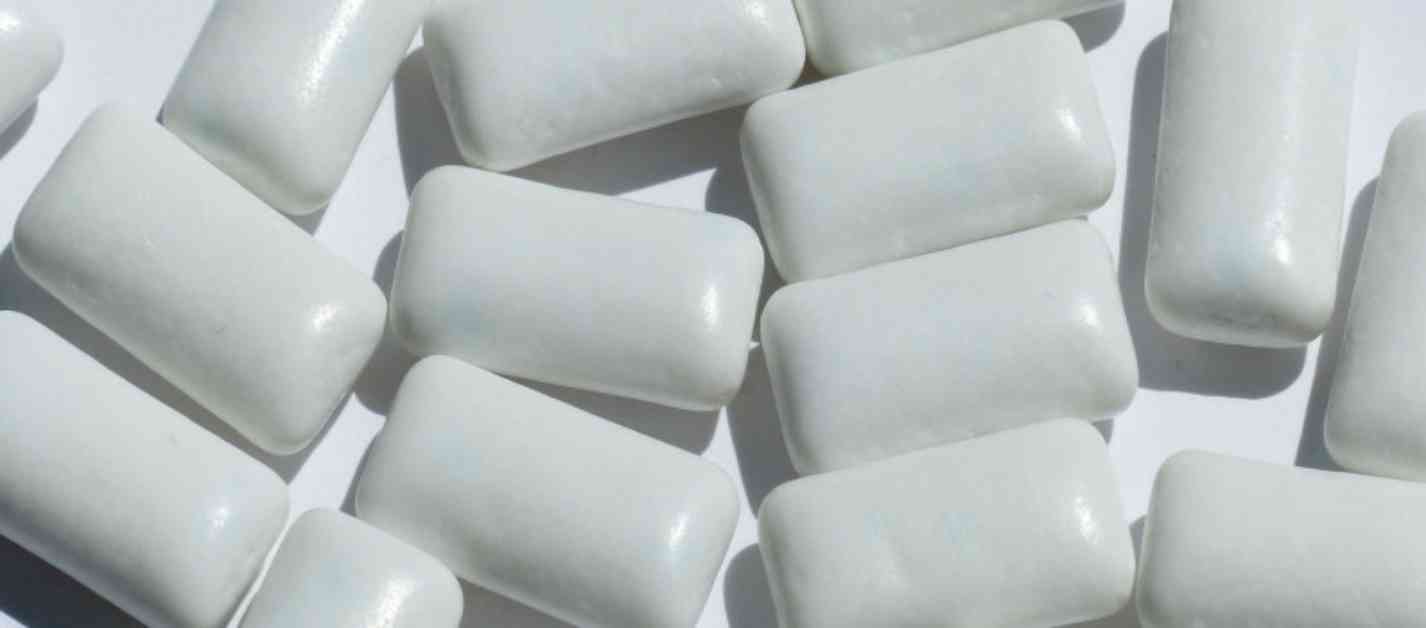Xylitol is a common sweetener from the polyol family. It is widely used in sugar-free candies and chewing gums because it does not cause cavities, and also in toothpaste because it has a refreshing effect. Derived from birch bark, it provides 40% fewer calories than white sugar with an equivalent sweetening power, and even more when cooked. Its glycemic index is low, meaning it does not raise blood sugar levels much. At first glance, it seems to have everything going for it, but a recent study published in the scientific journal, the European Heart Journal, has shown that it is associated with a greater risk of heart attack and stroke.
The study revealed that people with high levels of xylitol in their blood, meaning they consumed a lot of it, had almost twice the risk of having a heart attack or stroke. According to American researchers from the Cleveland Clinic, xylitol affects platelets. It promotes blood clotting and the formation of blood clots, which can lead to heart attacks or strokes. By giving volunteers a drink containing 30g of xylitol, they were able to verify the activity of this sweetener on platelets.
Does this mean we should stop consuming it? What is certain is that we should not overdo it. Xylitol can be found under the code E 967 in confectionery or low-sugar products. It can also be purchased in jars or sachets, especially online, to replace powdered sugar, particularly in pastries. Last year, researchers found that another sweetener from the same polyol family, erythritol, posed the same cardiovascular risks. All of this does not encourage their use.
It cannot be said that these sweeteners are healthy alternatives to sugar. Moreover, these sugar substitutes target people who are overweight, diabetic, and who are already more likely to be at risk of cardiovascular diseases. In general, it is better to consume as few sweeteners as possible. «Today, we now know that they do not help with weight loss. They could even increase the feeling of hunger and have no beneficial effect on diabetes,» says Dr. Pierre Nys, an endocrinologist. More and more studies show that they are not harmless, they can even be bad for health and pose many risks.
This is not the first warning. The World Health Organization has already warned about the long-term risks of intense sweeteners, with high sweetening power, such as aspartame or acesulfame K. When consumed regularly, these «fake sugars» increase the risk of cardiovascular diseases, type 2 diabetes, and certainly cancer. Therefore, sweeteners are definitely not the solution to reduce our sugar consumption. It is better to try to get used to the taste of sweetness. It is not easy, but it can be achieved gradually, starting with drinking water during meals. Even though they do not provide calories, light drinks maintain the sweet taste. They should remain an occasional pleasure and not replace water at the table.




















